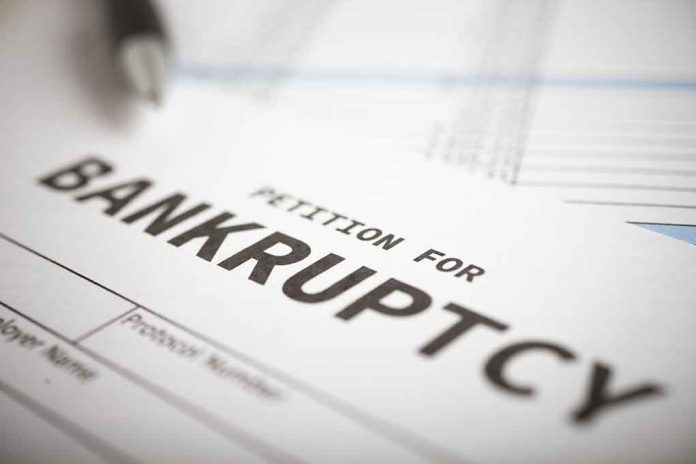
(Daily360.com) – Dealing with substantial debt can leave you feeling like you’re out of options. Bankruptcy might be a last resort, but it starts to sound like your only option. Before you turn to bankruptcy, however, make sure you consider what other options you might have to manage debt and get your finances back in order.
1. Consolidate Your Debt
A debt consolidation service can help consolidate all your debts into one regular payment, which can make it easier to keep up with those demands. While it can still be a strain to make those payments, it may be less stressful than dealing with a number of small payments each month. Debt consolidation may also help lower your immediate payments, which can alleviate financial strain in the short-term.
2. Negotiate
Sometimes you can negotiate with your creditors to lower the balance you owe. Ideally, of course, your creditors would like to get the full value of the loan from you. However, they understand that they cannot force you to pay money you do not have. Sometimes, creditors will offer solutions that can help you lower payments and better manage your finances, including:
- Temporarily lower payments (though you may continue to accrue interest on the remaining amount)
- Paying off a percentage of the balance in full
- Lowering the amount of the debt
Go in prepared to negotiate aggressively for the results you really need.
3. Increase Your Income
When you find your current financial situation overwhelming, it can be very helpful to increase your immediate income to make it easier to pay down debt. Try:
- Negotiating with your employer for a raise.
- Working overtime.
- Picking up a side hustle. (Hint: grocery delivery, driving for a rideshare service, or renting out a spare room on Airbnb are all great ways to quickly start generating more income.)
- Sell items you no longer need or want.
Working to increase your income can feel stressful, especially when you’re already worried about your situation. However, by generating additional income, you can often get on top of your financial challenges.
4. Check Your Budget
Debt can pile up for a number of reasons. You may have suffered a disaster that led to increased spending, lost your job, or over-spent without realizing it. Often, the initial cause of the high level of debt is outside your control. Before you turn to bankruptcy, however, consider checking your existing budget and cutting overall spending. There are several things to keep in mind when revisiting your budget.
- Cut unnecessary memberships. If you don’t go to the gym or regularly use all of your streaming services, continue eliminating the ones you do not use.
- Look for ways to reduce things like your utility bills. Can you adjust the temperature on the thermostat up or down by a couple of degrees for energy savings? Can you choose another provider or negotiate with your current one? Those little changes can add up!
- Leave yourself some room to have fun. If there’s no “fun money” in your budget, you’ll be more likely to “cheat,” and those little things can make a big difference over the course of a month.
- Prioritize repaying debt. Make it a line item in your budget and stick to it.
- Start building your emergency fund. Having funds on hand to handle an emergency can make it easy to avoid further challenges.
Dealing with debt can be incredibly stressful. However, that does not mean you automatically have to turn to bankruptcy, which can cause its own level of stress. Instead, try these strategies for reducing and paying down debt without having to turn to bankruptcy.
Copyright 2023, Daily360.com













